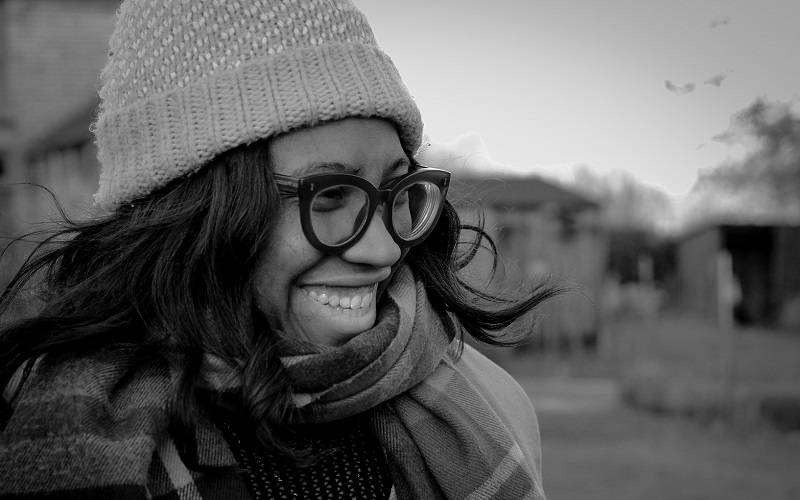This month we speak to Dr Rochelle Burgess to find out how her global health research is improving the health of the public.

What is your role and what does it involve?
I'm an Associate Professor in Global Health (last time I was a lecturer so it's cool to write this!) and Deputy Director of the UCL Centre for Global Non-communicable Diseases. I lead research projects on a variety of topics linked to mental health in contexts of adversity. At the moment this includes projects about mental health consequences of child marriage globally, socio-political economy of global mental health, and community led interventions in Colombia and South Africa. Among the other hats I wear, I also have the immense pleasure of hosting the Public Health Disrupted podcast with Xand Van Tulleken for UCL Health of the Public.
How are you improving the health of the public?
So we just wrapped up a participatory theory of change workshop in Colombia, with around 50 community members. Part of our project is planning ways to promote community led innovations to improve mental health systems in Colombia and we're really looking forward to working with them to bring their vision of good mental health to the world. And the podcast of course! I have had former students and friends all over the world tell me that they love listening to us talk about how things can be better. I've loved every minute of it, and the next season is shaping up to be better than the first - if that's possible.
What do you find most interesting or enjoyable about your work?
As a qualitative researcher I have the honour of documenting the stories that people tell about their lives, and trying to bring that into a space of academic evidence. I also really enjoy creating opportunities for people who are often talked 'about', to help them speak on their own terms, and establish platforms where they can be listened to by decision makers, who shape and determine possibilities for health.
How have cross-disciplinary collaborations shaped your research?
In truth, I feel most at home when working in teams, where people who look at challenges from different perspectives.
As a community health psychologist, my training is rooted in cross disciplinarity. We engage with historical, sociological and anthropological approaches as part of our training, looking at the intersections of these disciplines in psychology. I think that what they say is true - it really does take a village to solve a problem. In our Global Network on Mental Health and Child Marriage, we work across many sectors to focus attention on the mental health consequences of child marriage around the world. Development, civil society, medical sciences, social sciences, activism, law, ethics - there is really no way we could make sense of a challenge as complex as child marriage, without that cross-disciplinary approach. In our forthcoming study on setting priorities for the area, we drew on the perspectives of people from these disciplines and beyond - bringing them together to make an argument for how to move ahead in the field.
What advice would you offer to others interested in developing cross-disciplinary research?
Ask a friend! Ask a stranger! Ask people questions and see what common ground you can find for moving things forward. I promise work becomes so much more exciting when you can approach a challenge in a way that looks at the entirety of the issue.
What's next on the research horizon for you?
Hopefully I'll get to start a project that I've been thinking about for a long time this year - which is documenting and supporting policy change around the mental health consequences of the Windrush Scandal and hostile immigration environment. A huge part of this will be engaging in the arts, as we are hoping to use Photovoice to allow people to document their own experiences.
If you could make one change in the world today, what would it be?
I would make it so that everyone recognised the responsibility we have to each other and this planet. I think if we felt that, really felt that, then we would be in a much better place.
 Close
Close

